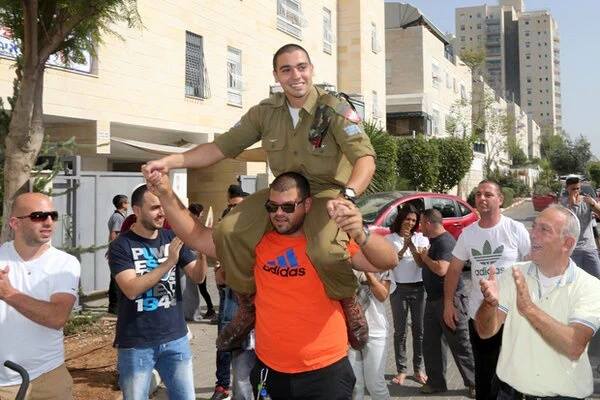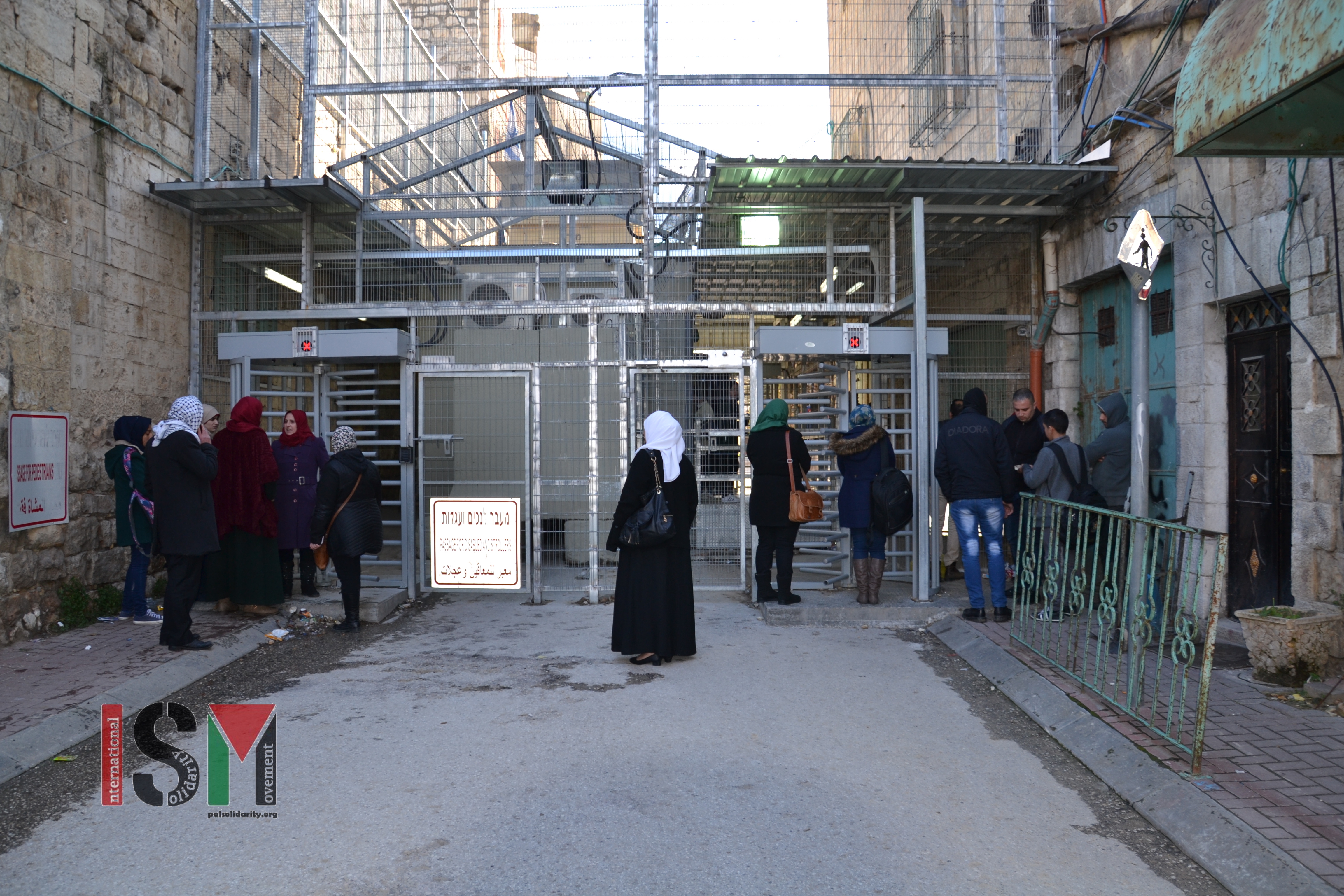Category: Journals
-
Elor Azaria verdict: a personal view
22nd February 2017 | International Solidarity Movement, al-Khalil team, | Hebron, occupied Palestine Yesterday the Israeli soldier Elor Azaria was sentenced to 18 months in prison for the extra-judicial killing of Abdel Fattah al-Sharif, which happened last year in Hebron. Everybody in Hebron was waiting for the sentence. Everybody knew by one o’clock what it was.…
-
Sumud: Palestinian for endurance
22nd February 2017 | International Solidarity Movement, al-Khalil team | Hebron, occupied Palestine As a second time ISMer I write a blog for friends and supporters back home (at salamfrombetty.tumblr.com if you would like to follow). I asked for questions from my readership and I got this from my friend Rachel: How are you coping…
-
Total impunity to mess with lives
14th February 2017 | International Solidarity Movement, al-Khalil team | Hebron, occupied Palestine Israeli forces, again, or rather still, are using their impunity as occupiers to humiliate, harass and intimidate Palestinians and internationals crossing Shuhada checkpoint in occupied al-Khalil (Hebron). The Israeli forces at this checkpoint sit behind bullet proof glass in a closed checkpoint-box, that nobody…



